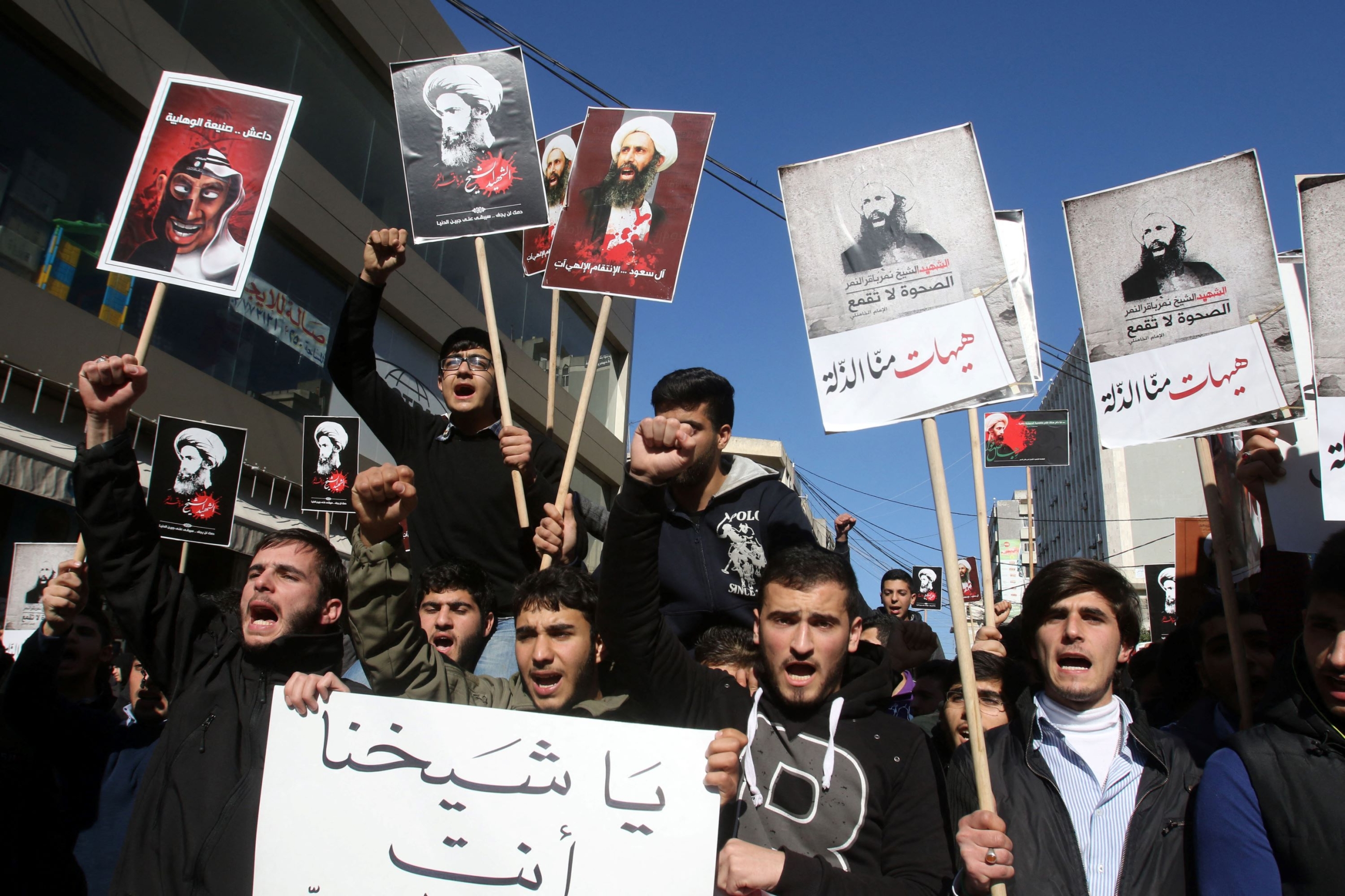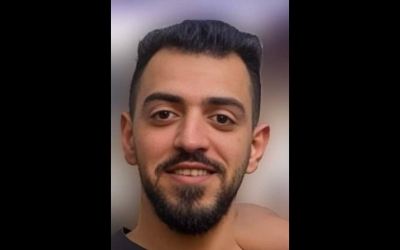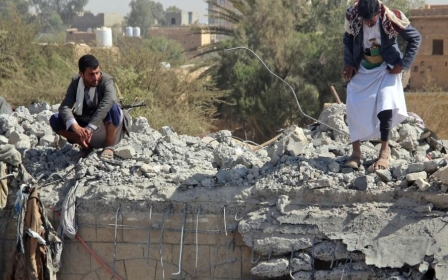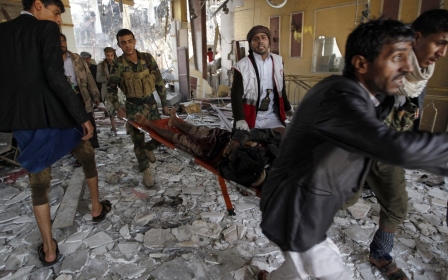Saudi Arabia execution rate almost doubled since Mohammed bin Salman's rise to power

The use of the death penalty in Saudi Arabia has almost doubled since the rise to power of Crown Prince Mohammed bin Salman in 2015, according to a new in-depth report on the more than 1,000 executions carried out by the kingdom since then.
According to data studied by legal charity Reprieve and the European Saudi Organisation for Human Rights (ESOHR), from 2010-2014 there was an average of 70.8 executions per year carried out in the kingdom.
From 2015 - the year the crown prince became the de facto ruler of the kingdom under his father King Salman - until 2022, there was an average of 129.5 executions per year, a rise of 82 percent.
The organisation noted the deep secrecy the kingdom maintained around its judicial process and the use of the death penalty, pointing out that of the 81 men killed in a mass execution on 12 March 2022 - the third such set of killings to take place under Mohammed bin Salman - only 12 death sentences were documented by ESOHR.
New MEE newsletter: Jerusalem Dispatch
Sign up to get the latest insights and analysis on Israel-Palestine, alongside Turkey Unpacked and other MEE newsletters
"The remaining 69 men were tried, convicted, sentenced, and executed in complete secrecy," they said in a statement, adding that any figures on the number of executions could be a major underestimation.
They said at least 15 child defendants had been executed since 2013; 11 of them were executed after Mohammed bin Salman came to power.
The report also said the country had "disproportionately" used the death penalty against non-Saudis, with almost three-quarters of all women executed from 2010-2021 being foreign nationals - of which at least 56 percent were domestic workers.
Maya Foa, executive director at Reprieve, told Middle East Eye that the failure of Saudi Arabia's allies to challenge the kingdom over the executions had effectively given them the green light for mass killings.
"The UK Government should publicly condemn the execution of people whose only crime was to stand up for their democratic rights, in the strongest possible terms. Failure to do so projects diplomatic weakness – it also makes the next mass execution more likely," she said.
"It is no coincidence that execution levels in Saudi Arabia spiked again in a year in which Mohammed bin Salman was feted by Joe Biden, Boris Johnson and Emmanuel Macron, among others. When Saudi Arabia’s international partners signal that they will turn a blind eye, the regime understands that it can sentence children and pro-democracy protesters to death with impunity.”
The report comes as London's High Court was set on Tuesday to examine the legality of the UK government decision's to renew arms sales to Saudi Arabia.
The case was brought by the UK-based organisation, Campaign Against Arms Trade (CAAT). They accuse the government of turning a blind eye to Saudi rights abuses and the impact of the kingdom's bombing campaign in Yemen, which has contributed to what the UN has called the world's worst humanitarian disaster.
According to Oxfam, the UK has licensed at least £7.9bn ($9.6bn) in arms to Saudi Arabia across 547 licences since 2015, including Tornado and Typhoon aircraft and bombs.
CAAT says the true value of arms sales could be more than £23bn (around $28bn) when additional "open licensees" are taken into account.
A previous court challenge by CAAT in 2019 forced the UK government to suspend arms sales, but after an internal review, sales resumed in 2021 on the basis that the breaches of humanitarian law were “isolated incidents”.
Middle East Eye delivers independent and unrivalled coverage and analysis of the Middle East, North Africa and beyond. To learn more about republishing this content and the associated fees, please fill out this form. More about MEE can be found here.





